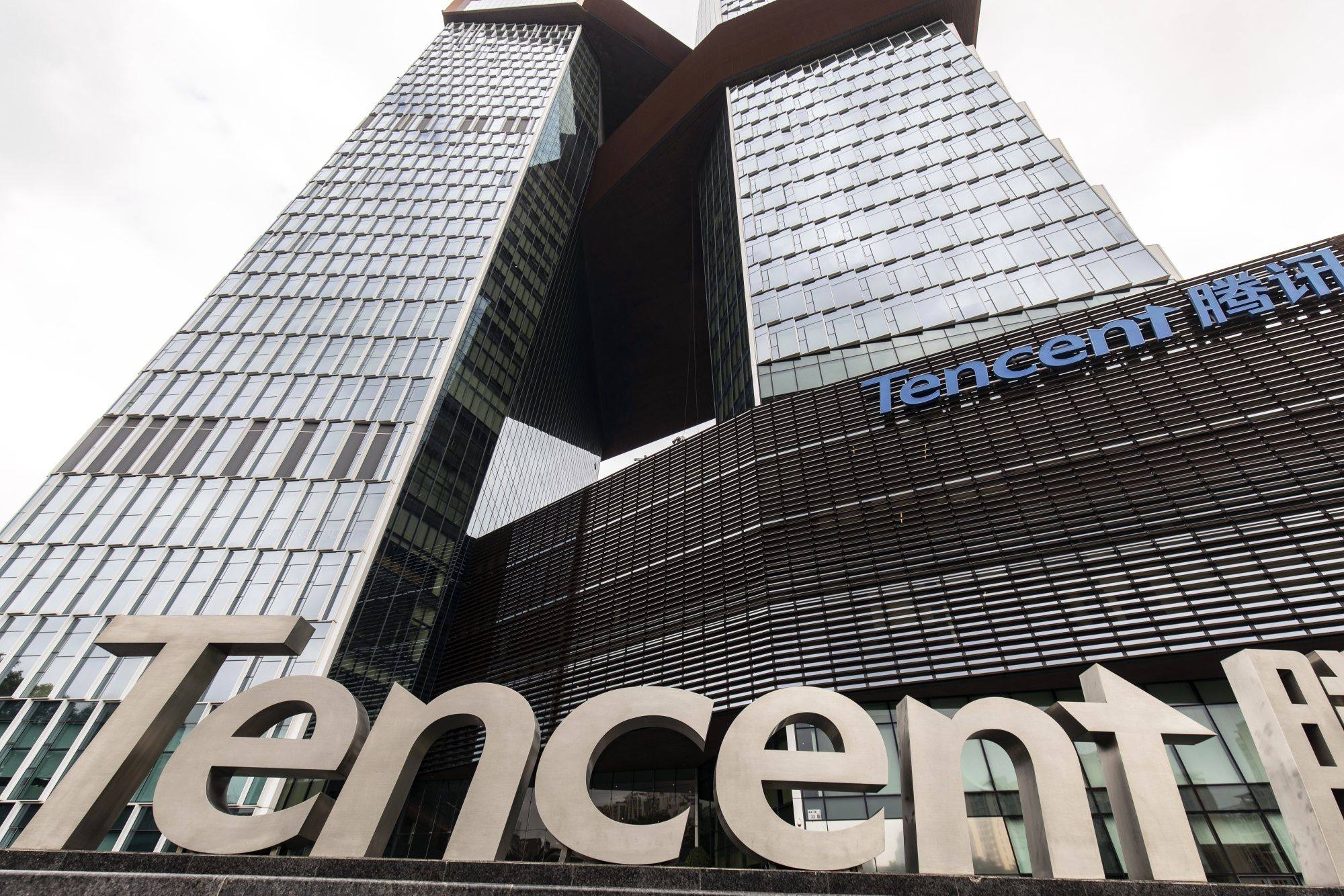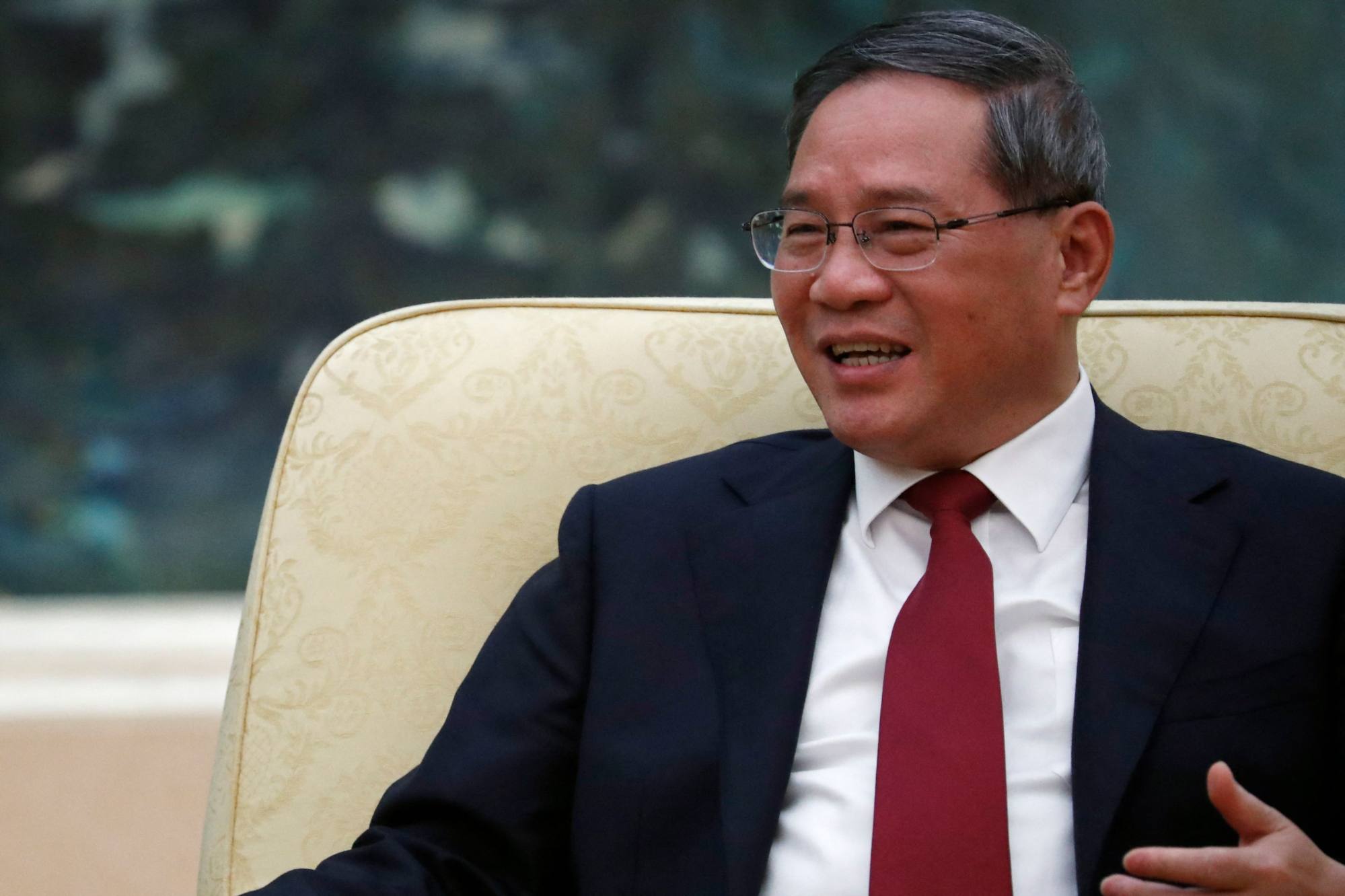
Tencent billionaire founder Pony Ma hails China’s new plan to boost private economy after tech crackdown
- Just hours after China unveiled an action plan to invigorate its economy, the state broadcaster published an article written by Ma
- Ma pledges on behalf of the internet industry to fulfil the government’s latest strategies and goals to support private businesses
Tencent Holdings’ usually low-profile founder and chairman Pony Ma Huateng has sung the praises of the Chinese government’s latest economic guideline, breaking his silence after the gaming and social media empire suffered years of regulatory hostility.
At 11pm, just hours after the document was unveiled, the official WeChat account of state broadcaster China Central Television posted an article penned by Ma, saying the plan plays an important role in “inspiring and guiding” China’s private economy development.
Ma, who wrote as a representative of Chinese internet platforms without mentioning Tencent, pledged to serve as “connectors, toolboxes and assistants” to Beijing’s plan, pursue high-quality economic development, help expand consumer demand and deepen innovation in traditional industries.
His enthusiastic response comes after Tencent, which was once on track to becoming Asia’s first US$1 trillion company, was bruised by China’s regulatory crackdown on Big Tech firms, which included Alibaba Group Holding, owner of the South China Morning Post.
Tencent’s shares have lost more than half of their value since their peak in early 2021, with over US$500 billion in market value evaporating over the past two years. The Hong Kong-traded stock closed at HK$332.8 on Thursday, roughly flat from the day before.
Under Beijing’s curbs on the “irrational” expansion of capital, Tencent, which was said to own “half of the rivers and mountains” of China’s tech landscape, had to downsize its sprawling business. It has since divested its stakes in Chinese delivery giant Meituan, as well as e-commerce giant JD.com.

Tencent’s growth also came under the scrutiny of China’s antitrust regulator, the State Administration for Market Regulation, which fined the company multiple times for failing to report merger-and-acquisition deals.
In July 2021, the agency blocked the merger of Huya and Douyu – China’s two biggest live-streaming platforms, both backed by Tencent.
As challenges mounted, Tencent slashed more than 4,300 jobs in 2022, its financial results showed.
Ma himself had almost vanished entirely from public view for a year and a half, until he showed up as a parliamentary member at the National People’s Congress in March 2021. He has still largely refrained from attending non-governmental public events.

China’s tech giants, which are all privately-run, are expected to benefit from Beijing’s friendlier stance towards the private economy in recent months.
Ma said Beijing’s new guideline has “pointed the direction for companies, and given them the determination and motivation to grow further”. He added that the internet industry will focus its power on fulfilling the strategies and goals set out in the action plan.
Lei Jun, founder and chairman of smartphone giant Xiaomi, Zhou Hongyi, founder and chairman of cybersecurity company Qihoo 360, as well as other tycoons have also thrown their support behind the policy document.

